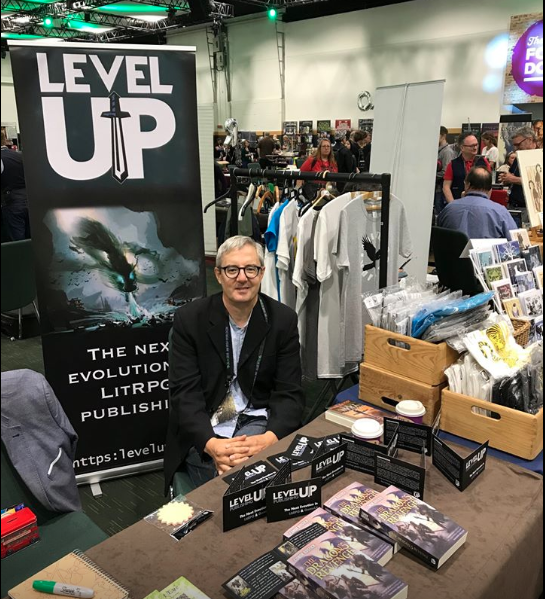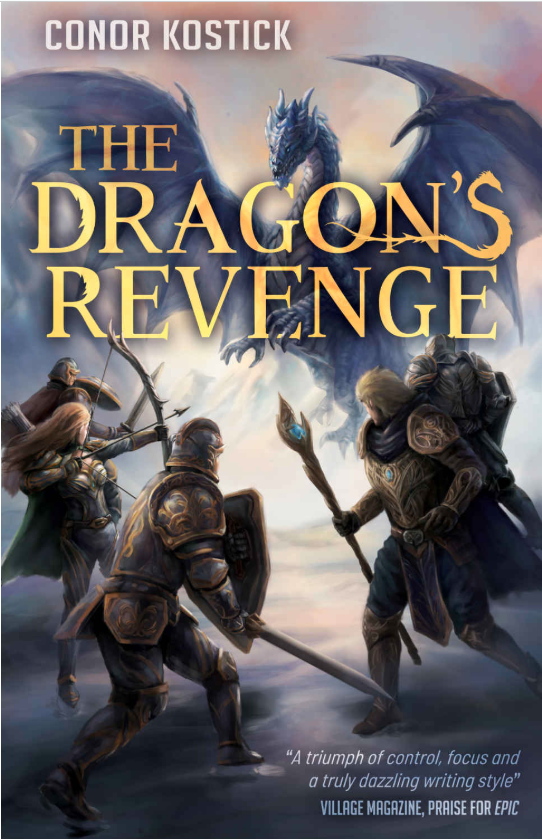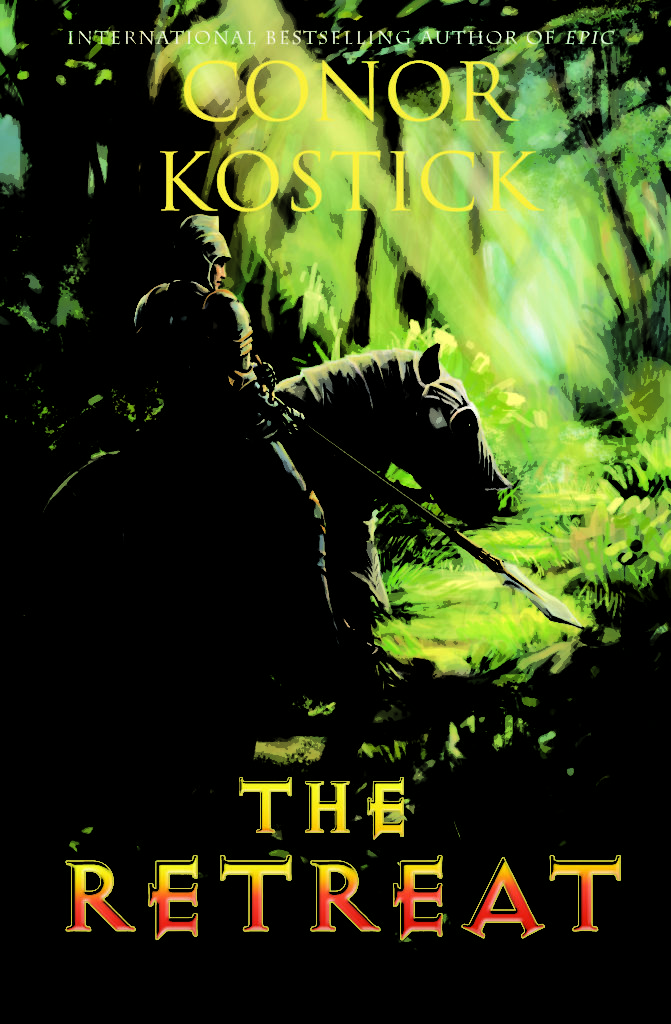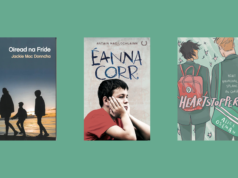
Where video games meet novels, LitRPG conquers the market. Here is what a leading author in the genre has to say about everything LitRPG.
With the world of videogames growing ever larger and spreading through so many different cultures and generations, it is no surprise that books written about videogames have begun to pop up in bookstores across the country. These books go beyond the instructional guides for video games or the picture books that show the game being played. These books are novels that center around a fully immersive videogame, its many rules, and the people who create and play them. Novels like this fall into the genre of LitRPG, which stands for Literary Role-Playing Game. For those not “hip” to the world of videogames or role-playing games what makes them unique to the rest of the games out there is the player’s ability to create their own character, called an avatar, and decided how they are going to look, act, and interact with the world around them. What categorizes LitRPG as a genre is the combination of narrative story, game or game-like challenges that form an essential part of that story, and implementation of visible RPG statistics like strength, intelligence, and damage.

This genre is nothing new. LitRPG novels have been booming in the e-book world since the genre was given a proper name back in 2013, but Conor Kostick has been writing LitRPG for even longer. His first book Epic, where the computer game of Epic isn’t just a game, but the new world where everything is a matter of life and death, was published in 2004. On the tails of his newest publications The Dragon’s Revenge, the story of streetwise Dublin teen, Tom, who is recruited by a large videogame firm to try and take down a AI dragon that has gone rogue and is preventing the release of their newest game, I sat down with Kostick to talk about his writing, videogames, and LitRPG as a genre.
When you write, what comes first, the story narrative or the videogame?
Definitely the story rather than the game. In this genre some people do start with the game, they do almost as much work as a game designer in planning out the game, but I don’t. All my books have a reason for being written and it’s usually because something has made me angry and I want to express that. There is always a purpose, whether it is because I am thinking about the consequences of greed or how you stand up for yourself or I want to tell the story of a character. For me the game is secondary.
What games and stories inspired The Dragon’s Revenge?
Tom is a bit like David Copperfield. They both have one foot in both camps and are well aware of what goes on in both worlds. Tom can see things going on that the rest of the characters don’t see. He is really clued in, which can give him a heroic quality in the right circumstance, and I wanted to draw that out.
When I first wrote Epic way back in 2004, games weren’t anywhere near as sophisticated as they are now. I was playing a lot of Everquest, which is kind of dead now, but was a precursor to World of War Craft. I played a lot of fantasy online games which are similar to how Epic is set up.
When you create characters, they have specific characteristics both inside and outside of the game that switch, how do you connect those two versions of the characters?
The character is united by some sort of underlying connection, so the person who is shy and quiet in real life but is a flamboyant colorful avatar in the game, they’re the same person, just different sides of the character. So long as I have a fairly clear grasp of the united character, I can then split them into their parts in a coherent way.
Writers tend to draw on their real-life experiences and I’m no different. The characters I’m thinking about usually are sort of distorted versions of people I know. One of my friends is now nicknames Bjorn because he is so like Bjorn from Epic.

What are the difficulties in writing LitRPG?
The difficulty is trying to capture that addictive quality you get from playing a game. In this one, The Dragon’s Revengethe game is just a game, but in other novels it’s the actual universe that has game rules, or the game is an afterlife, or some god plucks us out and places us into a game. I want to go another step, I need to write where the universe is a game, and I haven’t quite gotten there yet with LitRPG.
Who do you think the audience for LitRPG is and do they need a basic understanding of RPG games to read understand the novels?
I think in the case of The Dragon’s Revenge it is everybody, although it is primarily younger readers, say ages 12 to 16, it has crossed over. It is because it is YA adventure/fantasy which even I like reading now. You wouldn’t want to cut yourself off. People who are as old as me probably have a lot of gaming experience in their background so they can connect to this too. The only thing that really makes it YA is the age of Tom and that all the violence is avatar on avatar violence, not real.
I know for sure that people don’t need an understanding of RPG games to read the novels because elderly relatives of mine have read these books and enjoyed them. Despite that, most people have created an avatar or have watched their kids do it, so it’s easy to understand. Plus, there are charts and spread sheets in the book for the technical parts that might be confusing to people.
In your opinion, what makes LitRPG a unique genre?
The explicit engagement with game mechanics, where other books would only have games as themes, allows you to be able to capture that addictive quality of when a character is making progress within the game. It has that addictive quality that you get from a good role-playing game, you want to see how it all pans out.
These games have the potential to allow you to escape into a fun and happy environment, but inevitably the hierocracy and cliques of the real world reemerge in these virtual environments. For example, money distorts these virtual worlds dramatically. Writing stories like this allows you to take a critical look at world and the people who live there without the real world getting in the way.
It is fun to see in the sort of person with strict looking clothes and the tied back hair, a rampaging elf slaughtering orcs. Writing LitRPG has allowed me to see the world from a slightly different perspective ever since.

Conor’s newest book The Dragon’s Revenge is a great introduction to LitRPG and is on sale here.
If you want to read more about LitRPG visit this site: https://www.levelup.pub/what-is-litrpg
Written by Emily Mazzara











